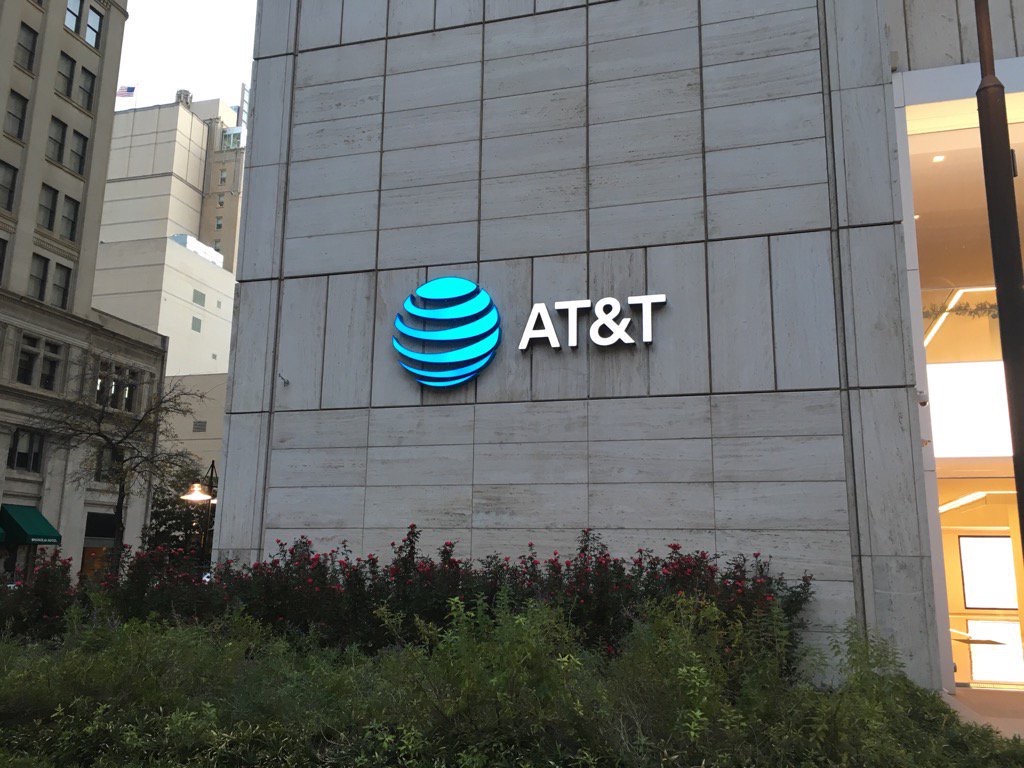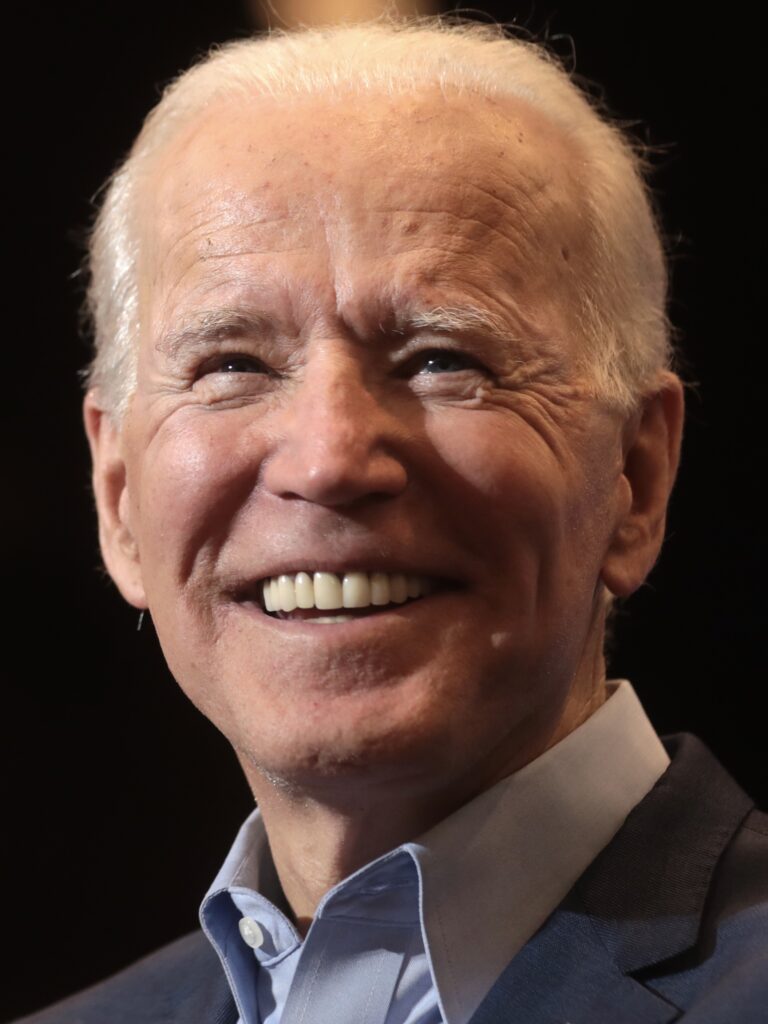In an era where the cost of living is a pressing concern for many Americans, President Joe Biden is poised to take a firm stance against “shrinkflation” and corporate greed in his upcoming State of the Union (SOTU) address. The White House has signaled a commitment to challenge these practices, which have become a thorn in the side of consumers nationwide.
The term “shrinkflation” has entered the public lexicon as a way to describe the phenomenon where products are sold in smaller quantities while their prices remain the same or even increase. This tactic, along with “greedflation” and price gouging, has drawn the ire of the Biden administration, which has pledged to call out these rip-offs and urge corporations to pass savings on to their customers.
The president’s approach to addressing these issues is multifaceted. Biden has been vocal in his criticism of corporations for inflating consumer prices, a strategy that serves to redirect voter frustration over costs and bolster his populist credentials. This has been a consistent theme throughout his term, with the president previously targeting oil companies over gas price surges and accusing firms of price gouging for not lowering prices despite larger profits.

Despite the skepticism from some corners, including Republican critics who blame Biden’s policies for inflation and Democratic economists questioning the extent to which “greedflation” is responsible for price increases, the administration is pressing forward. Biden’s conversations with Senator Bob Casey (D-Pa.) have further fueled his interest in these issues, viewing them as a relatable way to acknowledge and explain financial pressures on Americans.
The White House’s strategy includes legislative support, such as backing a bill to tackle price gouging and shrinkflation. While immediate unilateral action is not expected, the administration is likely to endorse legislative efforts spearheaded by Senators Casey, Elizabeth Warren (D-Mass.), and Tammy Baldwin (D-Wis.). These efforts would impose significant federal oversight into companies’ pricing strategies and require public companies to disclose and explain large price increases to the SEC during major economic shocks.
In addition to legislative measures, the administration is exploring consumer awareness tactics, such as requiring companies to advertise when they have reduced the size of their products without lowering prices. This move mirrors actions taken by European grocery chain Carrefour, which has added labels to products to inform consumers of reduced package sizes.
Biden’s war against price gouging and corporate greed is not new. Early in his presidency, he campaigned against consolidation in the food sector and led a public pressure campaign against dominant meatpacking companies. Now, with the potential challenge of a merger between grocery chains Kroger and Albertsons by the Federal Trade Commission, Biden has another opportunity to position himself as a champion of the consumer ahead of his SOTU address.
As the White House continues to refine its messaging and policy proposals, the focus on “shrinkflation” and corporate greed is expected to be a prominent feature of Biden’s State of the Union address. It’s a topic that resonates with voters who feel the pinch every time they shop for groceries. By taking a stand against these practices, Biden is signaling a commitment to the economic well-being of Americans and a willingness to confront powerful corporate interests.
Related posts:
Biden planning to hit food ‘shrinkflation,’ corporate greed in SOTU





